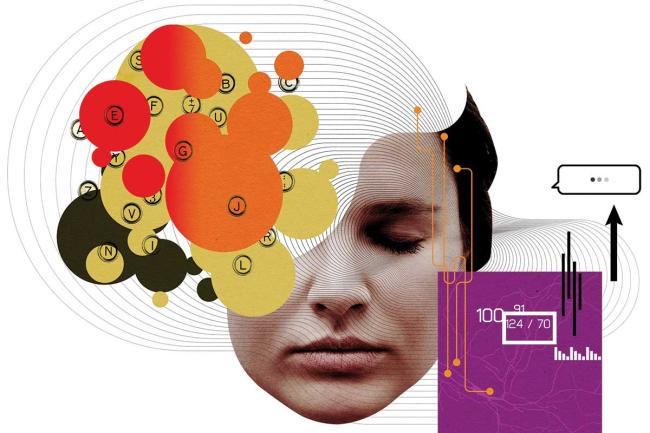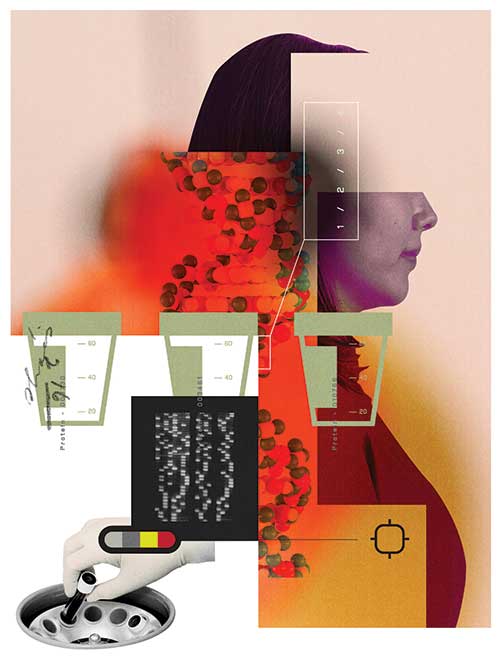A Gamut of Research
Daniel, the Gary P. Dohanich Professor in Brain Science, is grateful to have had such an impact on students like Shannon McQuillen. But she is quick to point out that she is only one part of the institute. Since its inception in 2016, the Brain Institute has been an all-encompassing, interdisciplinary entity, bringing together brain experts from across the university, including the School of Science and Engineering on the uptown campus, the School of Medicine, and School of Public Health and Tropical Medicine on the downtown campus and the Tulane National Primate Research Center on the North Shore in Covington.
The faculty includes neuroscientists, neural engineers and clinical researchers, all working to fulfill the three pillars under which the institute began — research, education and community outreach.
“The boundary-crossing research being conducted through the institute has grown exponentially, resulting in myriad discoveries being made by top faculty,” Daniel said. “This allows our undergraduate and graduate students to participate in the institute’s significant work.”
Research studies have run the gamut from one that is delving into the link between diabetes and Alzheimer’s disease to another that is looking into ways to end opioid addiction. Other areas of research include genetic aging, panic disorder, and the link between stress and mental health disorders.
Estrogen and the Brain
Earlier this year, the Brain Institute received one of the biggest grants ever awarded to Tulane — a $14 million award from the National Institute on Aging to study why the brain-protecting benefits of estrogen may not apply to all women, especially those with hypertension and Type 2 diabetes.
“It was a real coup to get this,” said Daniel, who serves as the principal investigator on the grant. “It’s very competitive. We started working on our grant proposal in 2019, and with support of the Tulane Office of Research Proposal Development, we developed a 540-page proposal.”
The lead investigators include Sarah Lindsey, PhD, an associate professor of pharmacology; Ricardo Mostany, PhD, an associate professor of pharmacology; Laura Schrader, PhD, an associate professor of cell and molecular biology; and Andrea Zsombok, PhD, an associate professor of physiology.
Under the five-year grant, Daniel is leading a team of scientists from the Tulane schools of Science and Engineering, Medicine, and Public Health and Tropical Medicine, the LSU Health Sciences Center, and Pennsylvania State University College of Medicine in determining under what conditions estrogen therapy may increase or decrease risk for developing dementia or Alzheimer’s disease.
Daniel said preliminary evidence suggests that postmenopausal women taking estrogen, a hormone that plays an important role in sexual and reproductive development, could be at increased risk of cognitive disease if they have a pre-existing condition such as Type 2 diabetes or hypertension. The project will determine if and how estrogens interact with cardiovascular and metabolic health to impact the brain and cognitive aging.
“In the lab, estrogens are neuroprotective and enhance memory,” Daniel said. “Yet in women, effects of menopausal estrogen therapy on aging brains can range from beneficial to detrimental.
“We hypothesize that cardiovascular and metabolic disease alter the neuroprotective effects of estrogens. This comprehensive research program will determine mechanisms by which a healthy brain responds differently to estrogens as compared to an unhealthy one, and identify conditions under which estrogen administration will or will not prevent or delay age-related cognitive disease.”



































































